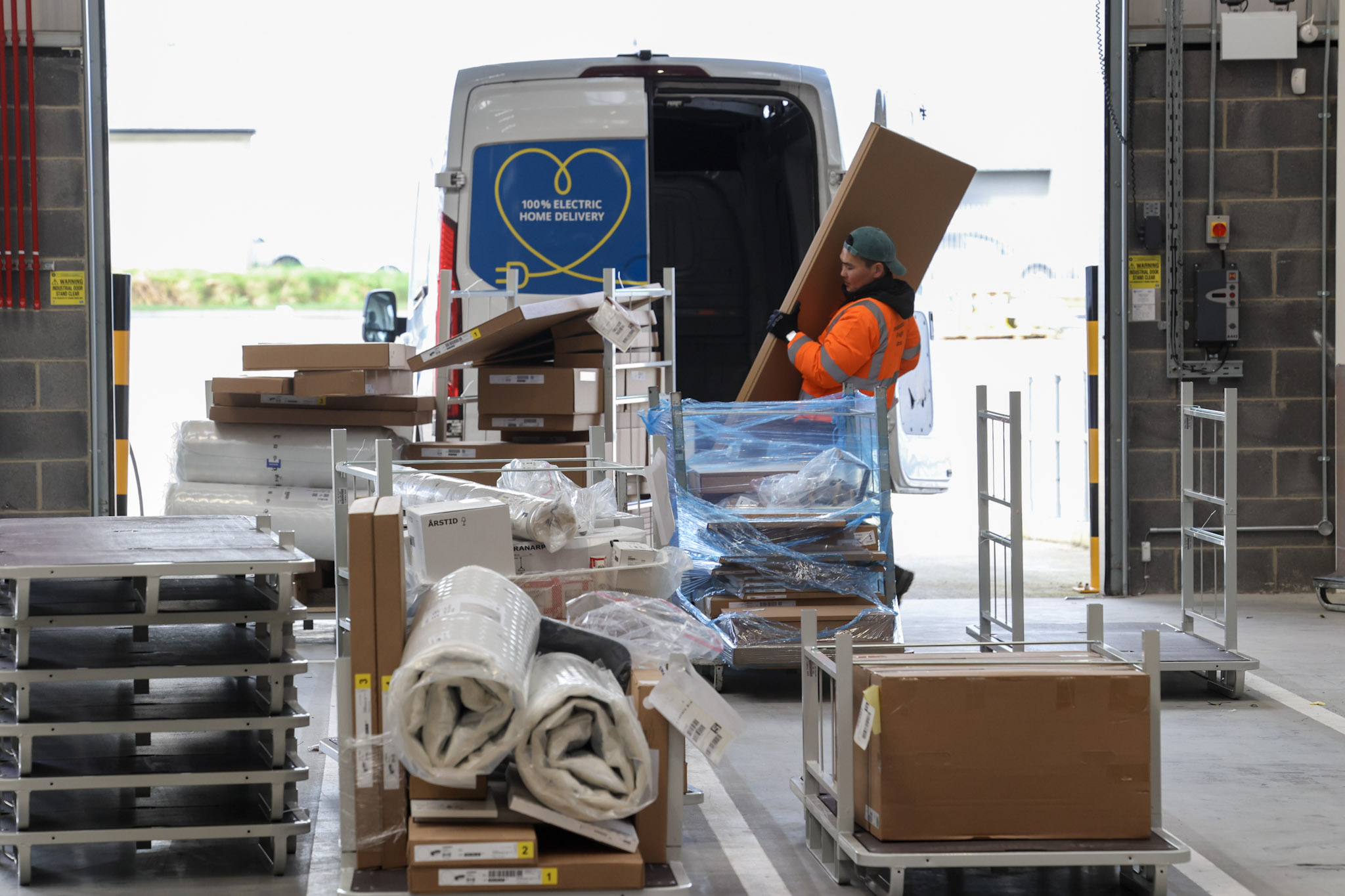Cuts to National Insurance, a promised reduction in income tax and cuts to fuel duty all go some way to encourage consumer spending, but the much-anticipated Spring Statement from the UK government doesn’t offer much for retailers to get excited about.
As Chancellor Rishi Sunak faces a growing cost of living crisis in the UK, the government has been forced to reduce taxes and remove planned increases in other levies to try and give shoppers more money to spend. The Chancellor also faces the prospect of having to make it easier and cheaper for businesses to run, especially SMBs.
What has changed?
Fuel duty cuts: Businesses will be relieved that the Chancellor has cut VAT on fuel by 5p. That means it’s around £3.30 cheaper to fill up a typical petrol vehicle with a 55-litre tank. That soon mounts up when it comes to business mileage. This puts some more money in the pockets of consumers, however, businesses are reportedly paying 40% more for diesel than last year and still face significantly increased transport costs.
Business rate reductions: Britain’s business rates pre-Covid raised £25bn a year for the Chancellor’s coffers and were the highest in Europe. Today, Sunak announced 50% business rates relief for eligible retail, hospitality and leisure properties, worth £1.7bn for small businesses. SME retailers still face an eventual return to full rates, however. That’s a threat hanging like the sword of Damocles above them.
Employers’ National Insurance Contributions: Most employers and employees will still each have to pay an extra 1.25% in tax. Businesses fear the increased National Insurance Contribution could stifle future job opportunities and create more unemployment. Today, the Chancellor did announce National Insurance starting thresholds will rise to £12,570 from July, which will be of benefit for lower earners, but do little to help the overall situation.
Employment Allowance: Employment Allowance, which gives relief to smaller businesses’ National Insurance payments, will increase to £5,000. That is a tax cut worth up to £1,000 for half a million small businesses.
And what hasn’t
VAT rise: Businesses had hoped to hear the Chancellor announce he would delay VAT’s planned return to 20% in April from 12.5%. That didn’t happen. That presumably means the rise will go ahead as planned. A VAT rise will slash demand for products as consumers reduce spending, and it’s also an extra burden for small businesses to keep changing VAT rates on their billing systems.
Energy bill cap: Businesses were desperately hoping for a cap to their energy bills, similar to the cap consumers currently benefit from. They will be extremely disappointed that this has not happened. Some businesses are reporting electricity prices 250% up on last year, and that’s unsustainable for many manufacturers.
What does the industry think?
Responding to the Chancellor’s Spring Statement, Helen Dickinson, Chief Executive of the British Retail Consortium, said: “Last week, we wrote to the Government to call for reform to the Apprenticeship Levy. By improving the flexibility of the way Apprenticeship Levy funds are spent, the government could help create thousands of new retail apprenticeships. We are heartened to hear that the Chancellor has heard our concerns and is set to examine whether the Levy could be improved, to allow businesses to invest in the right training. We urge him to introduce measures which allow high-quality short courses in functional skills, allow Levy funds to cover associated training costs, and allow a wider range of courses to be supported.
“The Chancellor also announced an initial cut to National Insurance Contributions that will save households around £300, with a further cut to income tax in 2024. This reduction will come as a welcome relief for consumers at a time when households across the country are squeezed by the cost of living crisis. Nonetheless, with the energy price caps rising in April, and inflation now running at a 30-year high, households are likely to see a fall in their discretionary income over the course of 2022.
“The Chancellor announced reforms to research and development tax credits to support business investment and increase productivity. However, if he wants to increase investment by retail businesses that would create jobs, increase productivity, and benefit towns and high streets, he should also focus on bringing down the unsustainable business rates burden. Currently, retail businesses pay 25% of all business rates, despite accounting for 5% of the economy. The announcement of a 50% relief is a welcome help to small businesses but will have little impact on the industry’s £8 billion business rates bill. Better news was given through the announcement that the ‘green investment relief’, that supports environmental property improvements, will be brought forward. This will support the investment the industry is making to become net zero by 2040, ten years ahead of the government target.”
Commenting on how the changes may – or maynot – impact smaller ecommerce businesses and logistics firms, ParcelHero’s Head of Consumer Research, David Jinks M.I.L.T pulled no punches. “There’s no doubt that some of the measures the Chancellor has announced will eventually make consumers more comfortable about spending money again. However, cutting the basic rate of income tax from 20p to 19p in the pound, at some point before the end of this parliament in 2024, seems a long way off right now for many businesses hoping for a sharp rise in High Street spending.”
“Furthermore, plans to re-examine the apprenticeship levy, make tax credits more generous for firms investing in research and development, and cutting taxes on business investment all sound laudable, but small businesses will have to wait until the autumn budget to find out more.”
Chris Brook-Carter, chief executive of retail industry charity the Retail Trust adds: “We are very concerned about the impact that the rising cost of living is having on the millions of retail workers that the country has relied on throughout the pandemic but who are now struggling to make ends meet. Measures such as cutting fuel duty and raising the National Insurance threshold for lower earners should provide some relief for people now forced to make difficult decisions about whether to use money to pay for food, fuel or cover their rent and other bills.
“Retail has been hit hard by the pandemic, causing unprecedented job losses and a number of other financial and emotional pressures, leaving many people needing financial aid and mental health support and disillusioned about working in the sector as a result of the uncertainty of the last few years. The industry and the government must work together to provide its workforce with security, stability and a real sense of purpose in order for retail to recover and continue to play a vital role in the UK’s economy and tackling issues like social mobility and youth employment.
“You can apply for financial aid from the Retail Trust if you have worked in retail for more than three months or have been made redundant or had to give up your job after more than three years working in the industry, so we would urge anyone to get in touch with us if they think we can help.”










